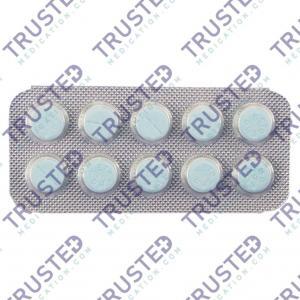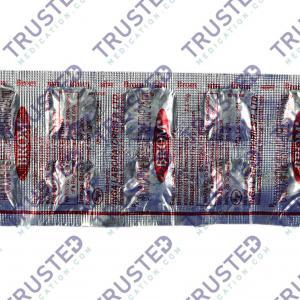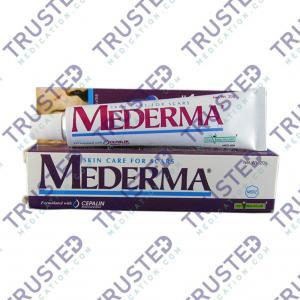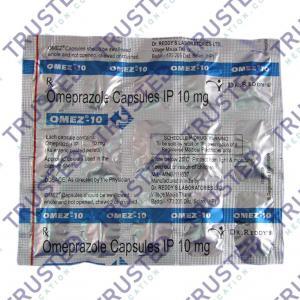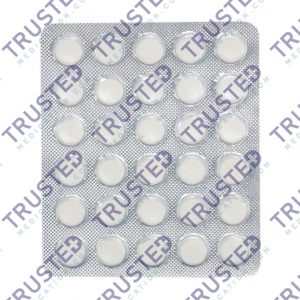
Stretch marks caused by a rapid stretch or shrinkage of our skin is also known as a stretch mark. Our skin is ruptured as a result of an abrupt change in collagen and elastin. As the skin heals, stretch marks may appear.
This narrow band of skin does not happen to everyone. Changes in hormone levels may be responsible. You may also have a higher risk if people in your family get stretch marks.

Symptoms of Stretch Marks
Stretch marks vary depending on how long you have had them, what causes them, your type of skin, and their location on your body. Common variations include:
- Intended streaks or lines on the abdomen, hips, buttocks, breasts, and other parts of the body.
- Red, black, or purple streaks on the skin
- Bright streaks that fade to a lighter color
- Streaks that cover large areas of the body
What Causes Stretch Marks?
It is stretching of the skin. The severity is affected by several factors, including genetics and the degree of stress on the skin. Your level of the hormone cortisol also might play a role as it weakens elastic fibers in the skin. Pregnancy, puberty, and rapid weight gain can all cause stretch marks.
Other Causes of Stretch Marks
- Puberty. Growth is typical in young people going through puberty. It can lead to stretch marks for some individuals.
- Rapid weight gain. Obesity or putting on a lot of weight in a short space of time can cause stretch marks.
- Medical conditions. Conditions such as Marfan syndrome and Cushing’s syndrome lead to decreased elasticity in the skin. Cushing’s syndrome can cause overproduction of hormones that leads to rapid weight gain and skin fragility.
- Corticosteroid use. Using corticosteroid creams and lotions can decrease levels of collagen in the skin and increase the stretch mark.

Stretch Marks During Pregnancy
The skin stretches in many ways during pregnancy to accommodate the growing baby. Many women experience stretch marks during pregnancy. This continual tugging and stretching can cause stretch marks.
The Risk Factors of Stretch Marks
- Being a woman
- Having pale skin or being white
- Family history of stretch marks
- Pregnancy
- Overweight or obesity
- Dramatic weight loss or weight gain
- Using corticosteroid medications
How to Diagnose Stretch Marks?
The doctor can identify stretch marks by examining your skin and examining your medical history. If your doctor suspects an illness is causing your stretch marks, they may order blood, urine, or imaging tests.
Treatment for Stretch Marks
Treatment includes stretch marks creams to restore the collagen of your skin. Beauty and skincare products are also treatment options that can alleviate skin marks and other symptoms. Your dermatologists may also recommend other methods.


